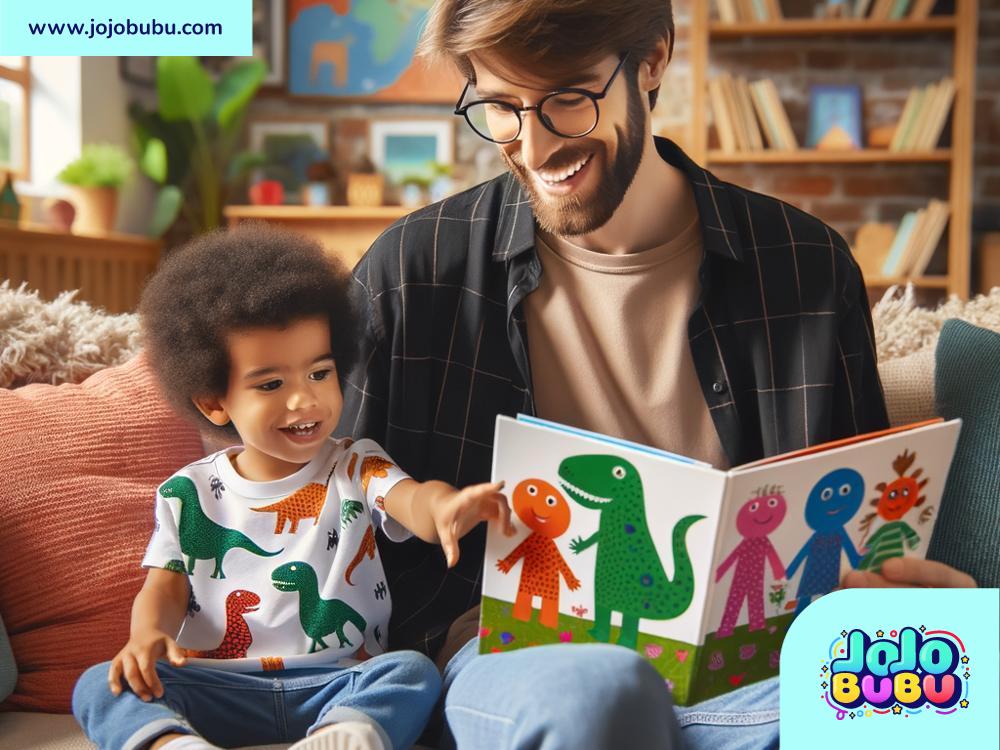Explaining Single Parenthood to Children in Simple Terms
Families come in all shapes and sizes. Some families have two parents, some have one parent, and others might include grandparents or guardians who take care of children. If you're a single parent, you may occasionally find yourself in situations where you need to explain single parenthood to your child. This conversation can feel challenging, but it's an opportunity to offer comfort and understanding to your little one. So, let’s explore how you can talk about single parenthood with your child in simple and loving terms.
What Is Single Parenthood?
Single parenthood means that one parent takes care of the child most or all of the time. It can happen for different reasons. Maybe one parent lives somewhere else or doesn’t play an active role in the child's life. Perhaps their parent passed away, or the parents decided that being apart was better for the family. No matter the situation, being in a single-parent family simply means that there’s one loving parent in charge.
It’s important that children understand that there’s no “right” way for a family to look. Families are built and bonded in different ways, but what matters most is love and care. You can explain to your child that your family is unique and special—just like everyone else's.
Be Honest in a Gentle Way
When children are curious about single parenthood, it’s a good idea to answer their questions honestly. Start by listening carefully to what they ask and how they feel. Kids may wonder why only one parent lives with them or why their family looks different from what they see in books, TV shows, or their friends’ homes.
Keep your answers simple and age-appropriate. For example, you could say:
- "Every family looks different. Some families have two parents like your friend, and some have one parent, like us. What’s most important is that our family is full of love."
- "Sometimes parents live in different places, but both can still love their child very much. If they live far away, it doesn’t mean they don’t think about you."
- "Our family is just as special as anyone else’s family."
Make sure your child knows that your family’s way of doing things is perfectly okay. What matters most is that they feel safe, cared for, and loved.
Address Big Feelings
Children are naturally curious and might have a mix of feelings when they think about single parenthood. They might feel sad or confused if they don’t know why one parent isn’t around. They could feel frustrated when others ask them questions about their family. Or, they might simply feel curious and want to know more.
No matter your child's emotions, it’s important to acknowledge and validate their feelings. Let them know it’s okay to feel sad, confused, or even mad. You can say things like:
- "It sounds like you’re feeling upset, and I’m here to listen."
- "I know you might have questions or worries—I’ll always do my best to explain and help you feel better."
- "Even though our family has one parent instead of two, I am always here for you, no matter what."
Sometimes, children need extra hugs and reassurance. Remind them that they are loved deeply and that nothing about your family situation changes how much you love them.
Tell Them It's Not Their Fault
Young children often process family situations in their own unique way. Without realizing it, they might wonder, “Did I do something wrong?” This is especially true if they hear stories about separation or divorce. It’s important to remind them that nothing about your family situation is their fault. You can say:
- "The way our family is has nothing to do with you. You didn’t do anything wrong. Families change for reasons that have nothing to do with kids."
- "Sometimes parents make decisions about where it's best for them to live and take care of their family. But those decisions don’t mean you did anything wrong."
Children need to feel secure and accepted, so make sure they hear that they are loved unconditionally.
Celebrate Your Unique Family
Single parents often work extra hard to juggle home, work, and parenting responsibilities—all while making time for their child. While it’s okay to acknowledge that life can feel challenging, it’s also important to celebrate how strong and loving your family is.
Help your child see that your family is special. You can create family traditions, whether it’s a regular movie night, silly breakfast rituals, or taking special trips together. Share the joys you experience together and remind them how lucky you are to have each other.
You could say:
- "Our family is small but mighty! We do things in ways that work for us."
- "Even though I’m your only parent, I’ll always do my best to give you everything you need."
Let your child see the beauty in their unique family—and let them know they’re at the heart of it.
Remind Them of the Power of Love
Single parenthood may look different from other family structures, but at the end of the day, it’s love that makes a family work. Children need to hear that they are supported, cared for, and adored—no matter what.
Reassure them often by saying:
- "I love you so much, and I’ll always do my best to take care of you."
- "Being your parent is my favorite job in the whole world. I’m so grateful for you."
With clear communication, patience, and love, single parents can nurture their children and help them understand that their family is just as strong and meaningful as any other. Every family is built with care, and yours is no exception!

